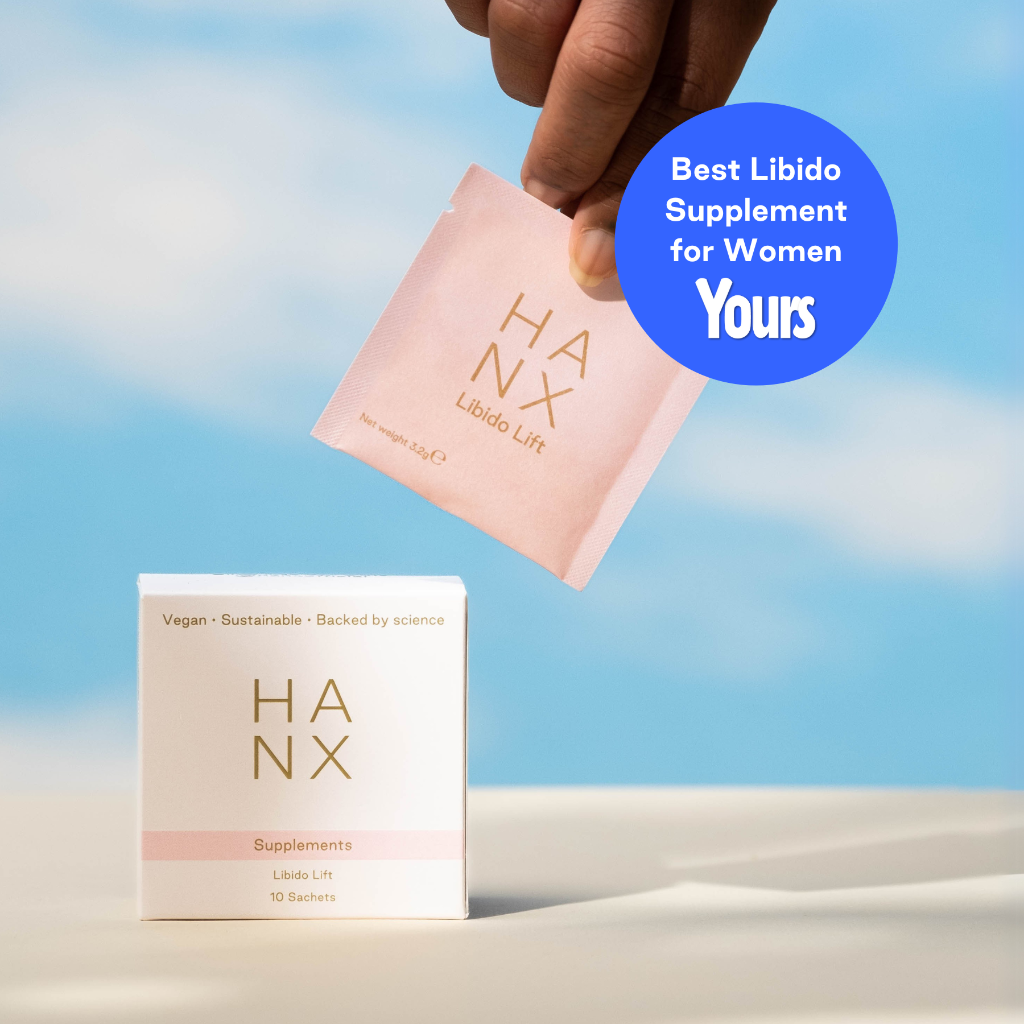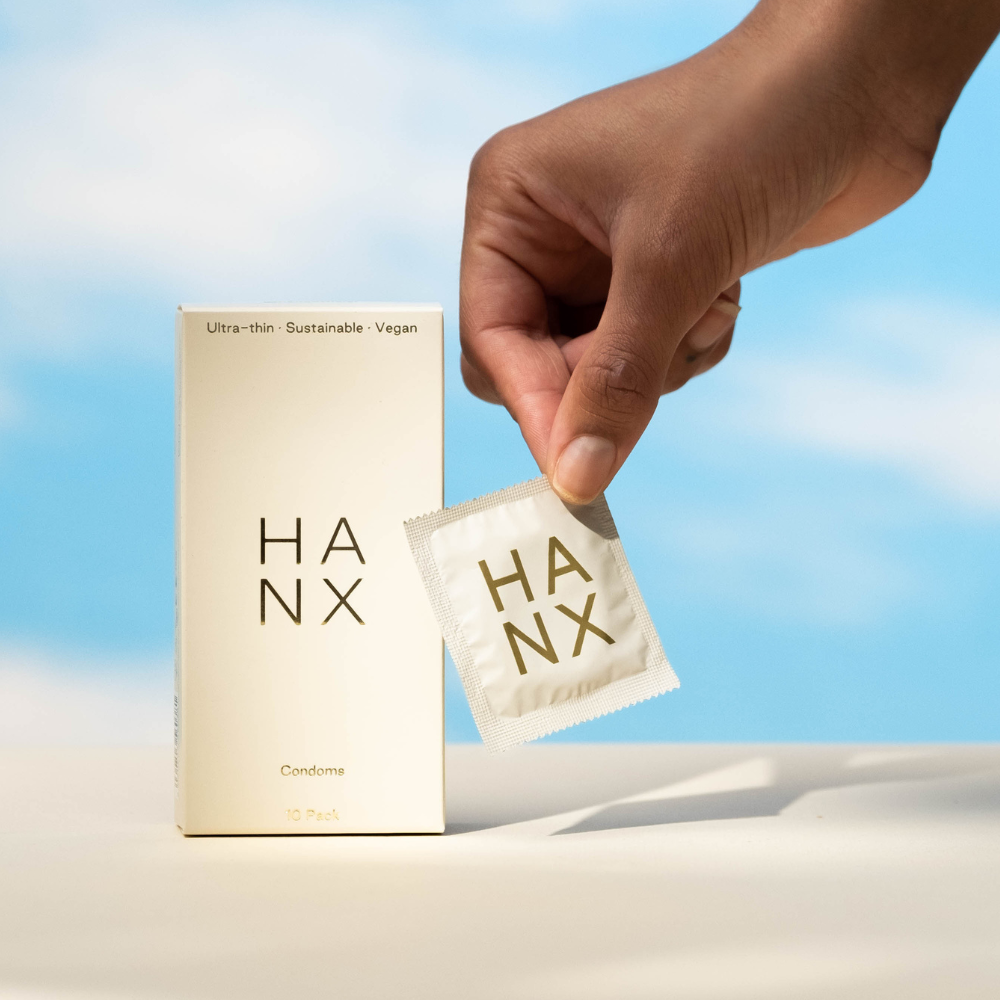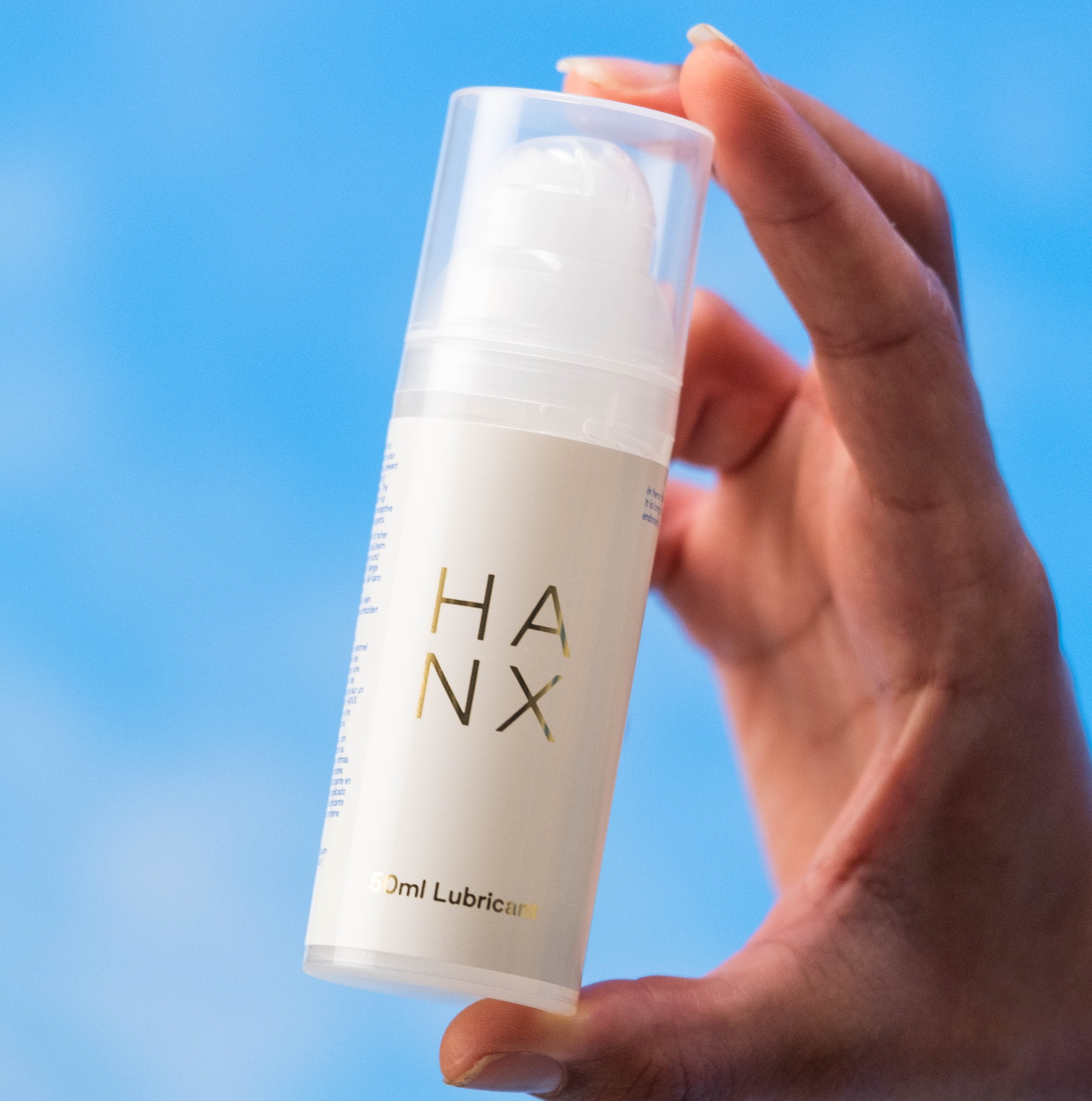Can You Get A Sexually Transmitted Infection From Kissing?
From Rodin’s famous sculpture to Britney and Madonna locking lips, a good old smooch has us transfixed… but can it leave us with more than a cheeky smile on our face? We believe there’s no such thing as a stupid question when it comes to our health. So, can you get a sexually transmitted infection from a snog? Over to our in-house medical doctor and gynaecology expert, Dr Sarah Welsh. In her ten year career in the NHS, she saw it all - and she’s here to clear up any questions you might have about kissing and STIs. Pucker up…
Can you get an STI from kissing?
First things first: kissing is mostly low risk to our health. However, there are certain sexually transmitted infections (STIs) that you can receive, or give, via a make out session. This is due to the presence of small microorganisms, such as viruses or bacteria, in our saliva or in oral sores. During a passionate kiss, these microorganisms can easily transfer via bodily fluid between you and your partner/s, increasing the risk of transmitting an STI. It is important to be aware of the potential risks associated with kissing and to practice safe behaviors to prevent the transmission of STIs.
Let’s Talk About Herpes
One of the most common STIs transmitted through kissing is herpes. Herpes simplex virus (HSV) can be present in saliva and can be transmitted through open sores or lesions in the mouth. This means that if you have oral herpes and kiss another person, there is a risk of passing on the virus. It's important to note that while HSV-1 is typically associated with oral herpes (cold sores), it can also cause genital herpes (which is typically HSV-2) through oral sex. This doesn’t necessarily mean kissing or oral sex are off limits whilst you have oral herpes, but you should take precautions:
- Avoid kissing or engaging in oral sex (going down) during outbreaks of oral herpes
- Use barrier methods such as dental dams or condoms during oral sex to reduce the risk of transmission
- Communicate openly and honestly with your partner about the risks of oral herpes (here’s our guide to having the chat!)
- Avoid sharing cups, knifes and forks, lipbalms or other items that come into close contact with your lips or mouth
- Practice good oral hygiene to prevent outbreaks and reduce the risk of transmission
- Consider discussing herpes prevention and treatment options with your GP or healthcare provider
- Be mindful of any tingling or itching sensations around the mouth that may indicate an oncoming outbreak
Stop CMV In Its Tracks
Another STD that can potentially be passed through kissing is cytomegalovirus (CMV). CMV is a common virus that can be present in bodily fluids, including saliva. While most people with CMV don't experience symptoms, it can cause serious complications for pregnant women, as it can be passed on congenitally to babies, or individuals with weakened immune systems. You might have heard the advice not to kiss babies or young children on the mouth. This helps to avoid CMV, as well as generally being good practice to protect their immune system. Wondering if you have CMV? Look out for the following symptoms:
- a high temperature
- aching muscles
- tiredness
- a skin rash
- feeling sick
- a sore throat
- swollen glands
If you have any of these symptoms and are pregnant, or have a compromised immune system (for instance, due to undertaking chemotherapy or living with an immune disease), make an appointment to see your GP.
Can you get HPV from kissing?
Possibly - though the data isn’t conclusive right now. A light peck is probably not going to pass Human Papillomavirus. However, a deep French kiss (open-mouthed with tongues) could possibly transfer HPV. It’s interesting how little people are aware of HPV, when 8 in 10 of us will likely be infected with it at some point in our lives. Most people don’t see any problems from or symptoms of HPV, and their bodies will naturally clear it within 2 years. However, it can cause small warts or bumps around the vagina, anus or penis - if you notice these, head to your sexual health clinic or GP for a checkup. Certain types of HPV are called ‘high risk’, due to links to cervical, anal, penile, vulval and vaginal cancer. You might also find that HPV is picked up during your cervical screening, as part of NHS efforts to protect against cervical cancer.
Additionally, other STDs such as gonorrhea, syphilis, and trichomoniasis can theoretically be transmitted through kissing, although the likelihood is much lower compared to other forms of sexual contact.
No, you can’t get HIV from kissing
Despite persistent myths and mistruths, it isn’t possible to contract HIV/AIDS through kissing. HIV isn’t spread through saliva, so kissing someone who is HIV positive will not transmit the virus. The virus is primarily transmitted through unprotected sexual contact, sharing needles, or from mother to child during pregnancy, childbirth, or breastfeeding. Kissing is a very low-risk activity when it comes to HIV transmission, and you shouldn’t panic about getting the virus through kissing.
Kiss off
There are many health benefits to getting tongue tied with each other.
- A good old snog can lead to feeling increased intimacy with a partner.
- The cocktail of ‘happy’ hormones released during a kissing session (serotonin, dopamine, oxytocin) all help to relieve stress and boost mood. We’ve certainly had a spring in our step after puckering up with a Hinge hottie…
- Smooching can help reduce blood pressure by dilating blood vessels, enabling blood to reach all your vital organs smoothly - including your genitals. Hello, horniness…
- It can help us gauge whether we’re sexually compatible with the person we’re snogging. If you’re feeling fireworks (or damp squib), it can guide us to whether we’ll have that all-important chemistry between the sheets…
So, is kissing a mood killer? The answer is mostly not. Practice common sense when it comes to looking after yourself and your partners - and keep the benefits in mind. Now, where did we put our glittery BonBelle?
Want more?
- It can be tricky to talk about trichomoniasis. Find out more about this lesser-known STI.
- Tested positive? Our expert guide to telling your partner that you have sexually transmitted infection.
- We’re sexual optimists. Prep ahead and always pack a HANX condom to keep yourself and your partner/s safe.






















